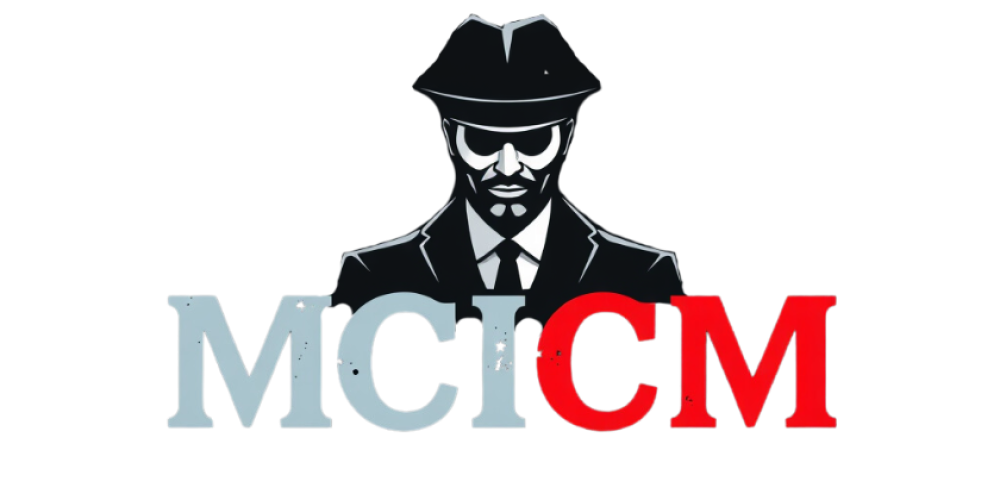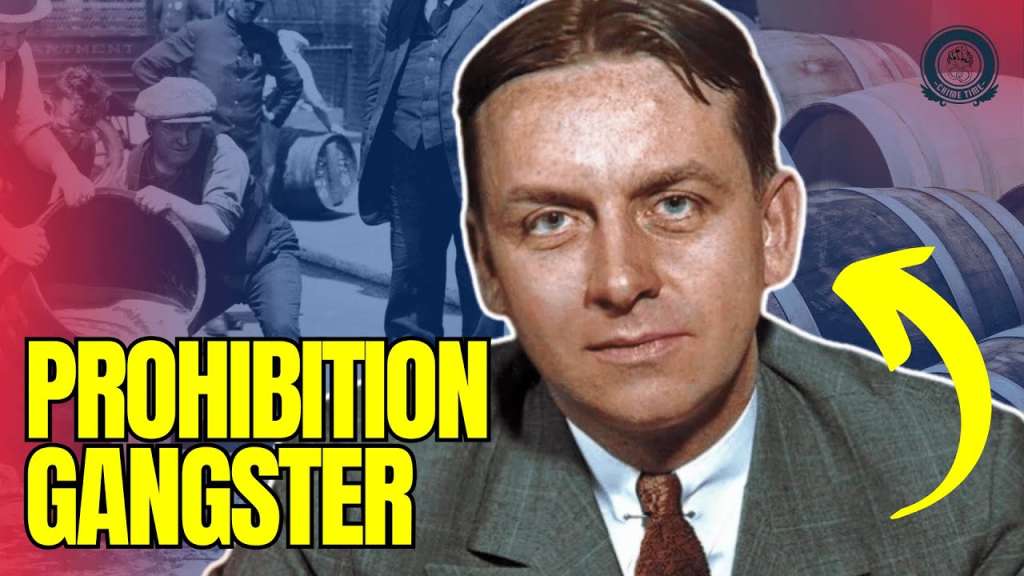The Prohibition era in the United States, spanning from 1920 to 1933, was a transformative period marked by the rapid rise of organized crime and the emergence of influential figures who left a lasting imprint on American history. This documentary delves into six captivating stories that reveal the audacious lives and operations of these underworld leaders, highlighting their profound impact on society and the legal landscape. From Al Capone’s ascent as the formidable force behind Chicago’s illicit liquor trade to the strategic efforts of Eliot Ness and his Untouchables to dismantle his empire, each narrative explores the intricate dynamics of power, corruption, and resilience within Prohibition’s shadowy realm.
Al Capone’s reign in Chicago provides a compelling look at the evolution of organized crime in America. Rising from modest beginnings in Brooklyn, Capone moved to Chicago and swiftly capitalized on the high demand for illicit alcohol, orchestrating a multimillion-dollar operation that extended to bootlegging, gambling, and beyond. His era reached a dramatic peak with the infamous St. Valentine’s Day Massacre, cementing his reputation as a dominant underworld figure. Meanwhile, the story shifts to Eliot Ness, whose innovative law enforcement strategies with the Untouchables disrupted Capone’s operations, ultimately leading to his conviction for tax evasion. This strategic financial offensive marked a turning point in the battle against organized crime.
In Detroit, the Purple Gang, originating from the city’s Jewish immigrant community, gained notoriety by controlling the bootlegging trade across the Detroit River from Canada. Their influence over the liquor market and involvement in various illicit activities showcased the extent to which Prohibition fueled criminal enterprises in urban centers. Meanwhile, the Atlantic City Conference of 1929 exemplified the era’s strategic criminal collaborations, as major figures like Lucky Luciano and Meyer Lansky worked to establish the National Crime Syndicate, a structured alliance that reshaped organized crime in America.
Beyond the rivalries and covert operations, Prohibition also gave rise to an underground culture that transformed social norms. Speakeasies flourished as vibrant hubs for jazz music and secret gatherings, reflecting a defiant spirit against the restrictions of the era. The eventual repeal of Prohibition in 1933 marked the end of the government’s experiment with alcohol bans, but its impact endured, influencing the evolution of organized crime and shaping societal attitudes toward law enforcement and policy-making.
This documentary not only revisits the infamous figures and their complex legacies but also paints a vivid picture of a turbulent era that reshaped America’s cultural and legal landscapes. Through compelling narratives and historical insights, it captures the lasting consequences of Prohibition and its role in shaping modern organized crime.
source

